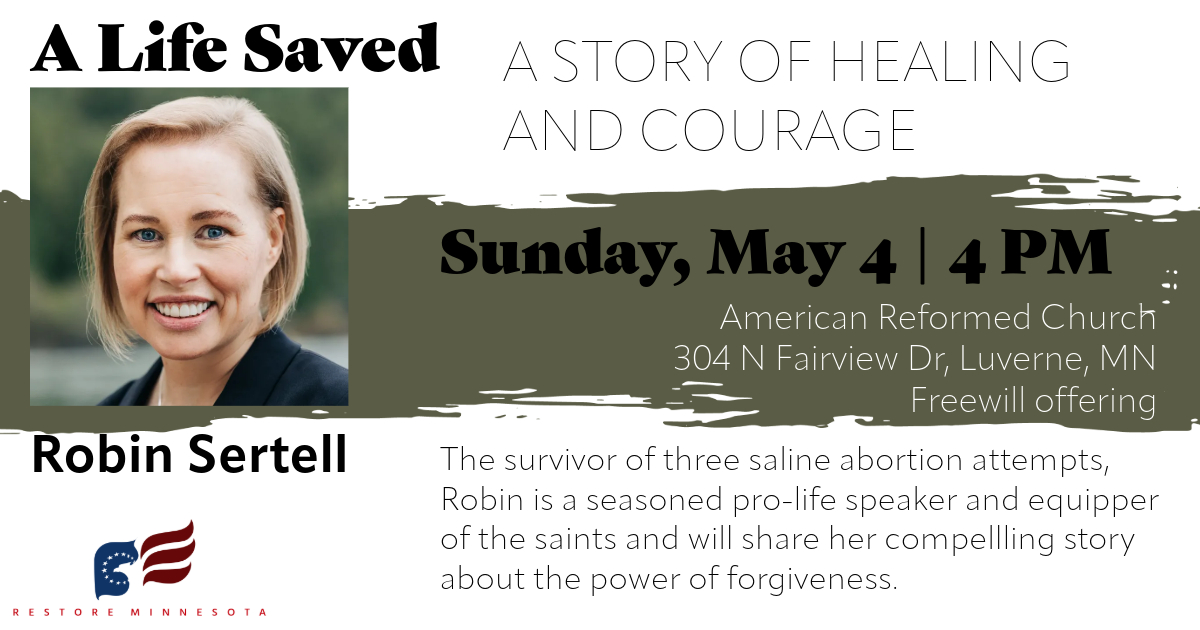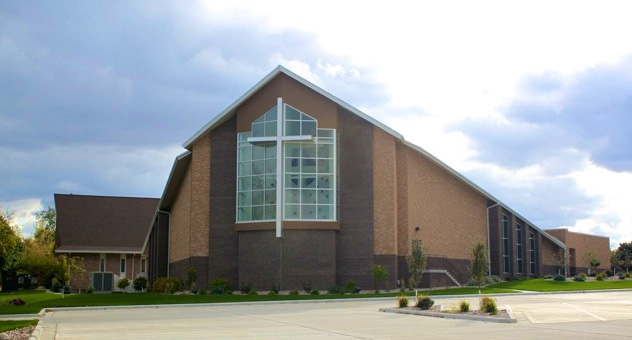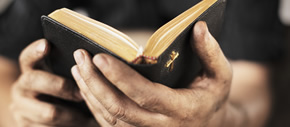The staff is currently working through Erwin McManus’s book, The Last Arrow: Save Nothing for the Next Life. This past week we looked at chapter six in which Mc Manus draws wisdom from a very interesting story found in II Kings 7. The background for the story is that God’s people in Samaria were in a severe famine; so severe that some families had begun eating each other’s children. As the story unfolds, the King of Israel threatened to kill Elisha because he wasn’t doing anything to end the famine.
We pick up the story in II Kings 7:1. Elisha replied, “Hear the word of the Lord. This is what the Lord says: About this time tomorrow, a seah of the finest flour will sell for a shekel and two seahs of barley for a shekel at the gate of Samaria.”
2 The officer on whose arm the king was leaning said to the man of God, “Look, even if the Lord should open the floodgates of the heavens, could this happen?”
“You will see it with your own eyes,” answered Elisha, “but you will not eat any of it!”
3 Now there were four men with leprosy at the entrance of the city gate. They said to each other, “Why stay here until we die? 4 If we say, ‘We’ll go into the city’—the famine is there, and we will die. And if we stay here, we will die. So let’s go over to the camp of the Arameans and surrender. If they spare us, we live; if they kill us, then we die.”
5 At dusk they got up and went to the camp of the Arameans. When they reached the edge of the camp, no one was there, 6 for the Lord had caused the Arameans to hear the sound of chariots and horses and a great army, so that they said to one another, “Look, the king of Israel has hired the Hittite and Egyptian kings to attack us!” 7 So they got up and fled in the dusk and abandoned their tents and their horses and donkeys. They left the camp as it was and ran for their lives.
8 The men who had leprosy reached the edge of the camp, entered one of the tents and ate and drank. Then they took silver, gold and clothes, and went off and hid them. They returned and entered another tent and took some things from it and hid them also.
9 Then they said to each other, “What we’re doing is not right. This is a day of good news and we are keeping it to ourselves. If we wait until daylight, punishment will overtake us. Let’s go at once and report this to the royal palace.”
As the story plays out, Elisha’s prophesy was fulfilled and the famine dissipated, and the man who doubted God ended up being trampled to death. (I would encourage you to read the rest of the story).
This story was convicting for me for several reasons. First, when Elisha prophesied God’s deliverance, the king’s official said it couldn’t happen. The officer had lost hope and faith, but God’s words came true anyway. Sometimes we become so preoccupied with our problems when we should be looking for opportunities. Instead of focusing on the negatives, I must develop an attitude of expectancy. To say that God cannot rescue someone or that a situation is impossible demonstrates a lack of faith.
Secondly, as is often the case, notice that God uses the most unlikely people to carry out his plan.
Thirdly, this story is a great reminder that God always has the bigger picture in mind, and that trials like these build faith as we see God always goes ahead of us to do the impossible.
And then finally, God has so richly poured out his grace into our lives. God has blessed us with the gift of financial and material prosperity and the gift of salvation through faith in Christ and therefore, like the lepers, it would not be right for us to keep all these gifts of grace to ourselves.
Friends, we have a spiritual famine going on in our land, however, may it not be said of us that we would begin to lose hope and faith. We mustn’t become so pre-occupied with our problems, but rather we must fix our eyes on Jesus, the one who’s writing our story. And let’s certainly not hoard God’s gift of grace for ourselves. Live your life as if someone were counting on you for some good news!
Basking in the Father’s love,
Mike Altena









